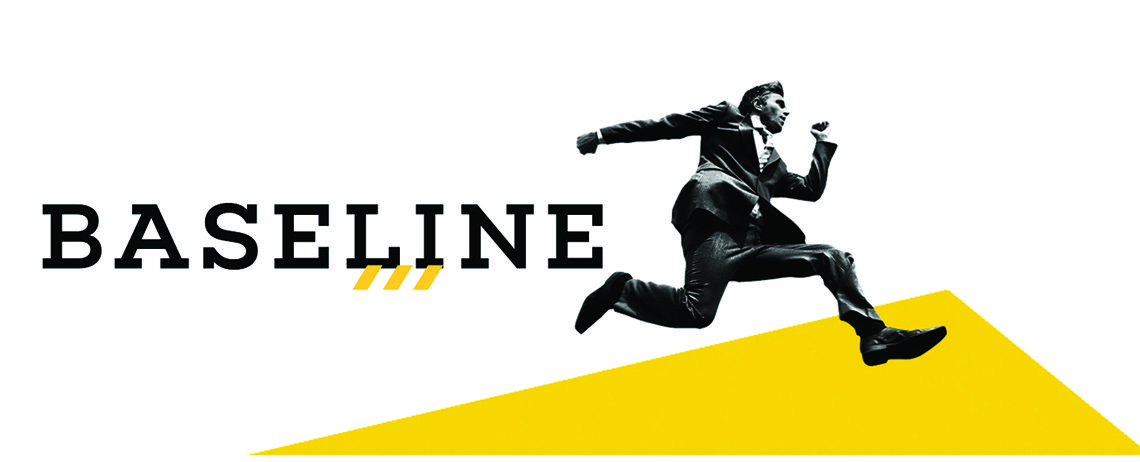What’s Your Baseline: How Do You Decide What Risks You Take?
SafetyCulture News | By | 14 Dec 2018 | < 1

We all take risks, in our lives, at work. But what happens when you, or those around you, start to deviate from what is safe, bit by little bit?
In 1988 a series of massive explosions destroyed the world’s largest offshore oil and gas rig killing 167 men.
In this new original podcast series SafetyCulture travelled to Scotland to find out how something like that could happen, and what can it teach us about why we take risks.
Is the biggest risk now that we’ve forgotten how simple it is for things to go terribly wrong?
Through interviews with survivors, academics, and a rare interview with chair of the government inquiry, Lord Cullen, the series uses powerful storytelling to make lessons about leadership and communication as relevant now as they were then. And they’re applicable no matter what industry you’re working in.
This is a powerful tool to help start conversations with colleagues, friends, even family about how they take risks and about what your own baseline of safety is.
How often do you cross the line and think it doesn’t matter?
Subscribe on iTunes or Spotify, or listen through our webpage: www.safetyculture.io/podcast/
Important Notice
The information contained in this article is general in nature and you should consider whether the information is appropriate to your specific needs. Legal and other matters referred to in this article are based on our interpretation of laws existing at the time and should not be relied on in place of professional advice. We are not responsible for the content of any site owned by a third party that may be linked to this article. SafetyCulture disclaims all liability (except for any liability which by law cannot be excluded) for any error, inaccuracy, or omission from the information contained in this article, any site linked to this article, and any loss or damage suffered by any person directly or indirectly through relying on this information.





